Does sheep manure burn plants?
burry
15 years ago
Featured Answer
Sort by:Oldest
Comments (9)
Kimmsr
15 years agodigdirt2
15 years agoRelated Professionals
Bergenfield Landscape Contractors · Chesapeake Ranch Estates Landscape Contractors · Elkridge Landscape Contractors · Goodlettsville Landscape Contractors · Hendersonville Landscape Contractors · New Baltimore Landscape Contractors · North Highlands Landscape Contractors · Norwalk Landscape Contractors · Post Falls Landscape Contractors · West Orange Landscape Contractors · Woodland Landscape Contractors · San Pablo Landscape Contractors · Fullerton Decks, Patios & Outdoor Enclosures · Huber Heights Decks, Patios & Outdoor Enclosures · Methuen Decks, Patios & Outdoor Enclosuresluckygal
15 years agoKimmsr
15 years agotrancegemini_wa
15 years agodigdirt2
15 years agotrancegemini_wa
15 years agodigdirt2
15 years ago
Related Stories

GARDENING GUIDESThe Poop Scoop: Enrich Your Soil With Good Old Manure
Get over the ick factor already — this natural super-ingredient for soil has so many benefits, you'll wonder why you ever went chemical
Full Story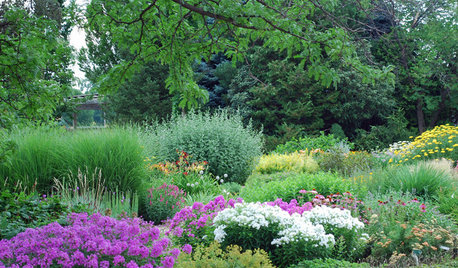
LANDSCAPE DESIGNTake Your Garden on a Rural Route With Plant-Dominant Designs
Let plants take center stage for a garden that recalls idyllic pastures fashioned by nature's hand
Full Story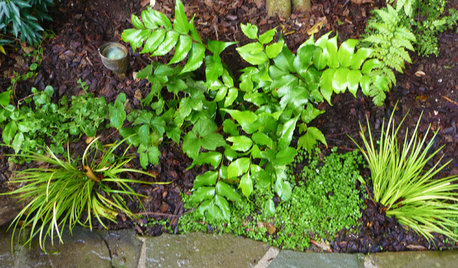
GARDENING GUIDESGreat Design Plant: Cyrtomium Falcatum ‘Rochfordianum’
Adding Japanese holly fern to your woodland garden is a great way to celebrate the holidays and create lasting memories
Full Story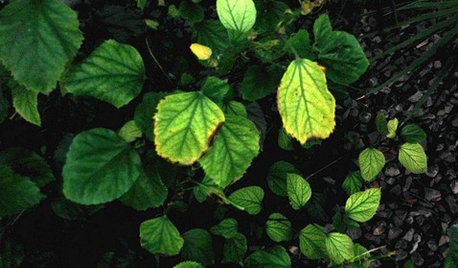
GARDENING GUIDESWhat's Wrong With My Plant? Leaves Often Hold the Clues
Learn how to identify common plant ailments by reading their leaves
Full Story
HOUSEPLANTS10 Top Plants to Grow Indoors
Brighten a room and clean the air with a houseplant that cascades artfully, stretches toward the ceiling or looks great on a wall
Full Story
KITCHEN DESIGNKitchen of the Week: Chestnut and an Open Fire in Connecticut
Antique chestnut boards give a kitchen with a wood-burning oven vintage flair, balancing its modern amenities
Full Story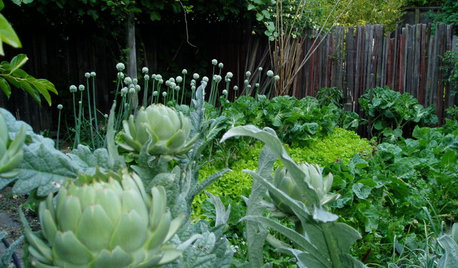
FRONT YARD IDEAS10 Ideas for a Front-Yard Edible Garden Your Neighbors Will Love
Choosing attractive, well-mannered plants and sharing the bounty will go a long way toward keeping the peace
Full Story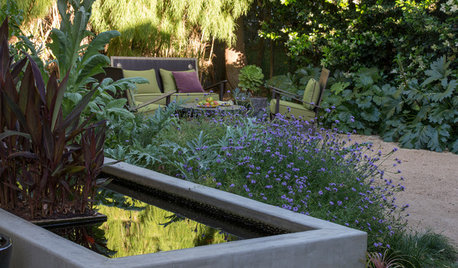
SAVING WATERHouzz Call: Are You Letting Go of Your Lawn?
Many facing a drought are swapping turf for less thirsty plantings. If you’re one of them, we’d like to hear about it
Full Story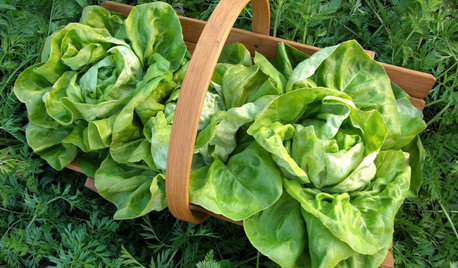
GARDENING GUIDES10 Easy Edibles for First-Time Gardeners
Focus on these beginner-friendly vegetables, herbs, beans and salad greens to start a home farm with little fuss
Full Story
GARDENING GUIDESGet on a Composting Kick (Hello, Free Fertilizer!)
Quit shelling out for pricey substitutes that aren’t even as good. Here’s how to give your soil the best while lightening your trash load
Full StorySponsored
Leading Interior Designers in Columbus, Ohio & Ponte Vedra, Florida
More Discussions






trancegemini_wa